I have just returned from an around-the-world business trip, with stops in cities in Asia, Australia, Canada and Europe.
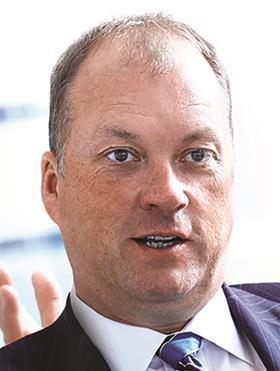
Sadly, it appears the shock of the summer has been replaced by the reality of what ‘Brexit means Brexit’ means.
In thinking about this column, I flipped through the last few issues of Property Week to find thoughtful and fairly consistent views from a number of the great leaders of our industry about the uncertainty we face and challenges and opportunities to manage.
“Challenges and opportunities” was also the topic of the annual Oxford Leadership Conference in September in Toronto, with Brexit top of everyone’s agenda.
It appears our new PM and cabinet have begun to figure out what Brexit actually means. It will be a long process, complicated by elections in the US, France and Germany, but chancellor Hammond appears to be trying to be sensible about finance while the PM and others are bidding to unite their party and the country.
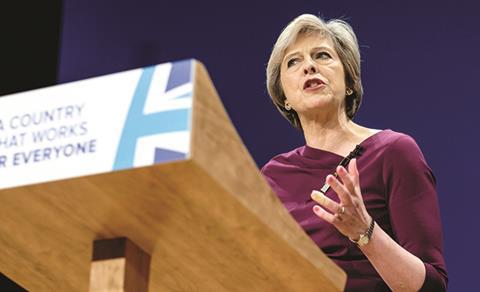
“A country that works for everyone” was the slogan at last week’s Conservative Party Conference, and this seems to me a reasonable attempt to address the division in the country that led to the Brexit vote.
I am, however, saddened by the use of the term “foreigner” that emerged as politicians tried to articulate the government’s plan on how to tackle immigration.
Whether people like it or not, we work in a global market and our strengths include our diversity and multiculturalism. We must be careful not to create more division through inflammatory language and thoughtless public statements; and we do not want to alienate the incredibly diverse talent that calls the UK home if we are going to recalibrate our role in order to compete in the world.
Opportunity knocks?
So how about the opportunities? Despite what it sometimes feels like, particularly given the fall in the pound to a 35-year low at the end of last week, I am encouraged that both the corporate sector (the lifeblood of demand for office space) and global capital continue to look for opportunities.
The Wells Fargo and Apple occupancy announcements for London both demonstrate a long-term perspective that is much needed. The cheaper pound has been a boost for both the retail and leisure sectors and our world-leading adoption of internet retail continues to provide opportunities for the logistics sector as it innovates to improve the efficiency of the distribution network.
Investment activity was reduced in the first half of this year due to cyclical factors and uncertainty around the vote. Public markets and retail investors penalised REITS and open-ended funds immediately following the vote but private market transactions for the best core assets in good locations escaped relatively unharmed.

In fact, given the zero interest rate environment and the need to generate return, global capital is still focused on making significant investments in the major UK and European markets and has benefited from a slight cooling-off period where previously it was not able to compete.
Senior leaders in our industry have met both the governor of the Bank of England and the No. 10 policy unit in recent months to share their concerns and make the government aware of the role the real estate industry is willing to play to help.
I would encourage the PM to engage with us to build “a country that works for everyone” and not discredit anyone with the kind of rhetoric on immigration that occurred last week.
Paul Brundage is executive vice-president and senior managing director - Europe for Oxford Properties, and the vice-president of the British Property Federation
























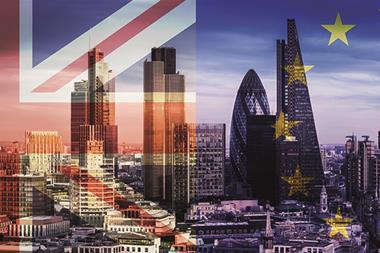

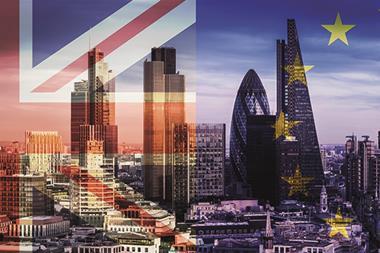
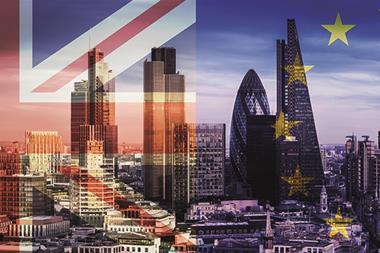


No comments yet